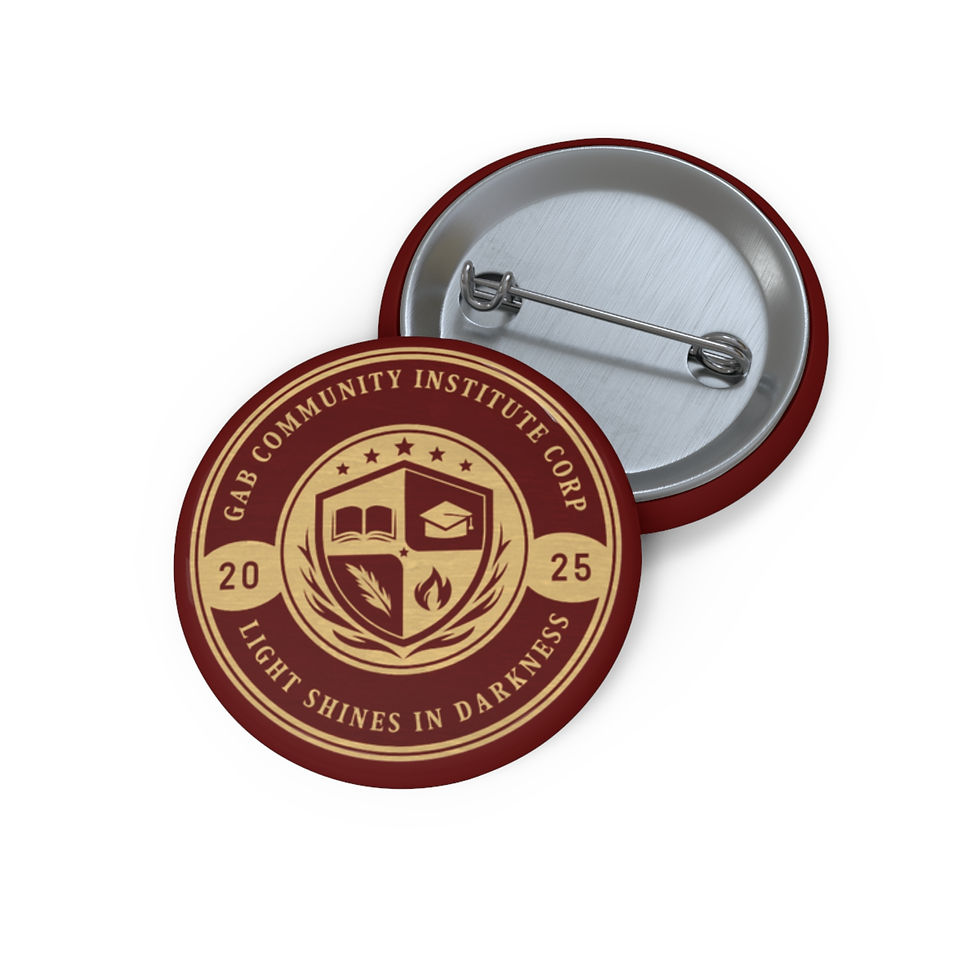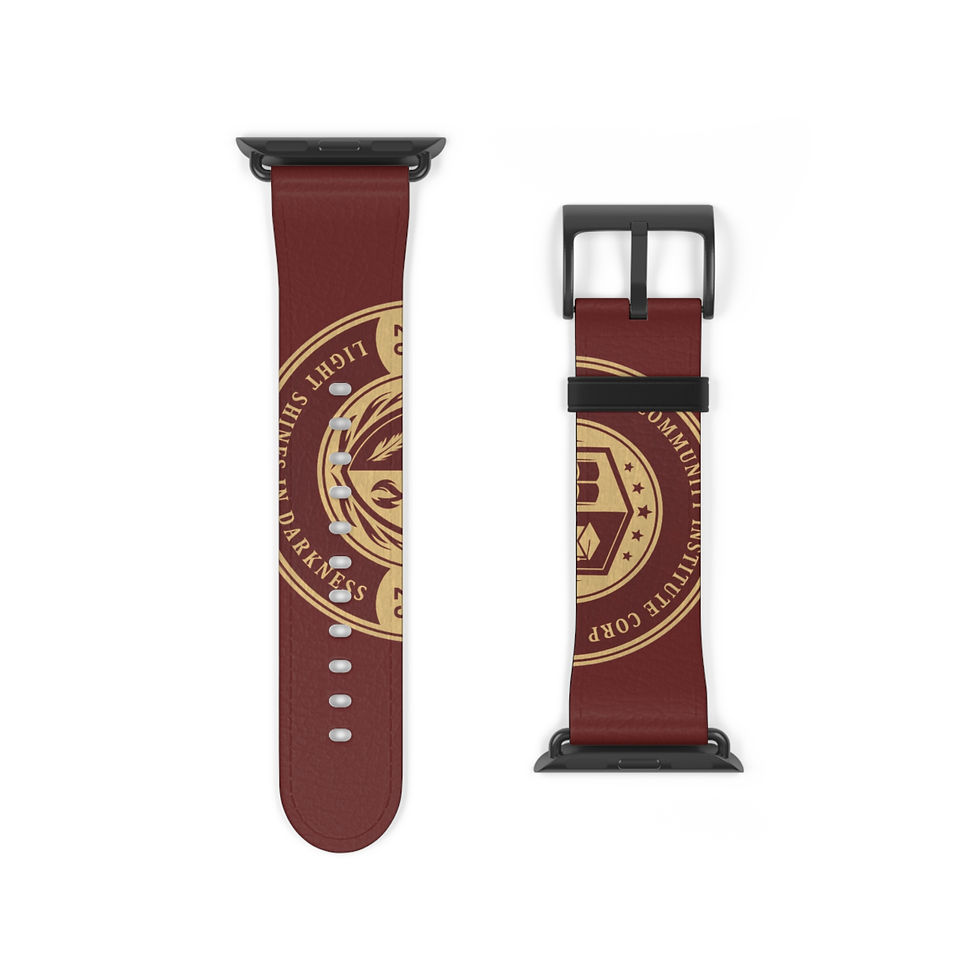Lifelong Learning: Adults Encouraged to Go “Back to School”
- GAB NEWS

- Aug 28, 2025
- 2 min read

As younger students across the country prepare to return to the classroom, many older adults find themselves reflecting on their own school days. But instead of only looking back, local adult educators believe that “Back to School” season is also the perfect inspiration for adults to continue their own education.
In Ohio, there are several opportunities designed specifically for adult learners. Since 2003, House Bill 95 has required all Ohio public universities and colleges to allow residents over 60 to audit classes at no cost, as long as space is available.
At Columbus State Community College, adults over 60 can participate in the Good as Gold program, while The Ohio State University offers Program 60. These initiatives give older adults the chance to join undergraduate courses, exploring subjects of interest in a structured, engaging environment.
The Melton Center for Jewish Studies at Ohio State also participates in Program 60 and welcomes non-degree students who wish to pursue a Certificate in Jewish Oral History. Director Hannah Kosstrin explains that the program allows people to “explore their different curiosities” while studying alongside the broader student population.
For those who prefer not to return to the classroom just yet, the Melton Center also offers an online community text study program, which meets virtually twice a month. These sessions combine pre-readings, lectures, and discussions, creating a convenient and accessible way to stay engaged in learning.
In addition to university programs, adults can also pursue Jewish learning opportunities at the Columbus Community Kollel, which provides both group-based and individualized study. Rabbi Hillel Kapenstein, the Kollel’s director, emphasizes the importance of learning together: “We feed off of each other, we pick each other up.” Now celebrating its 30th anniversary, the Kollel remains committed to reaching every type of Jewish learner.
While some may question the relevance of continued education later in life, educators and community leaders highlight its value. Rabbi Kapenstein explains: “Everything is education. It never ends. The Torah, for example, grows particularly more relevant as the world becomes more sophisticated.”
Whether through formal university courses, online study groups, or community-based programs, lifelong learning opportunities continue to expand. The message is clear: it’s never too late to open a book, join a class, and keep growing.































Comments